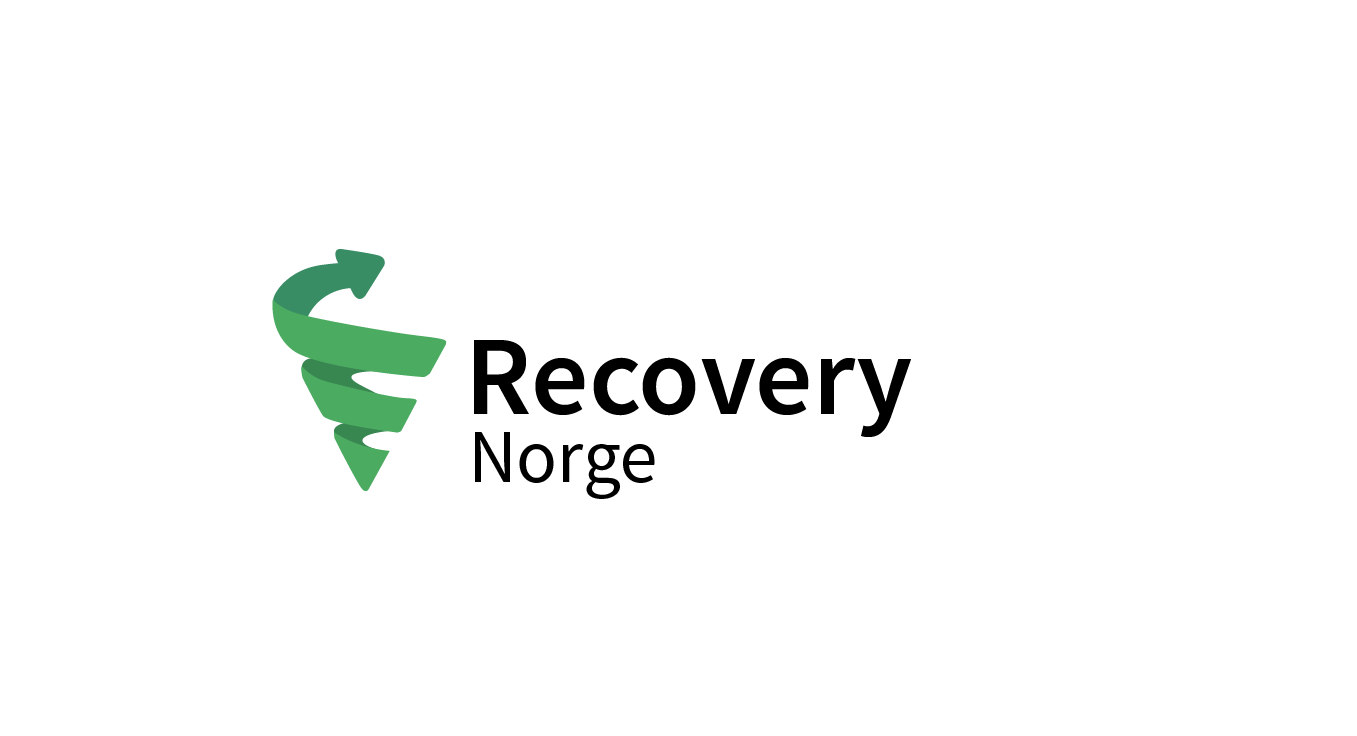An organization consisting of people who have recovered is unique and original on an international level, and might also seem a bit strange. However, the establishment of Recovery Norway is important and takes place in a time where a lot of people are suffering while the stories of those who have recovered – stories that may hold the key to better help in the field – are hardly heard.
We are facing a substantial, growing and pressing public health issue. A large and increasing number of people – many of them children and youths – are bedridden or experiencing serious loss of function by CFS/ME and other ‘medically unexplained’ health problems. The suffering these people are put through and the costs that come with it for society are extensive. There is a lack of knowledge and hope both among patients and professionals. CFS/ME is often – and falsely – declared to be chronic and something one cannot get help or recover from. In the experience of our members, this impedes recovery and increases suffering.
The foundational idea behind Recovery is that those who have recovered from these illnesses have a unique insight into what the health problem is about and how one gets well. We believe that, in the stories of our members the solutions to what are often presented as ‘mysterious’ conditions can be found and further researched. We have the ability to provide both justified hope and understanding of the problems experienced by those suffering today.
We are living proof that it is possible to get well.
At the same time, we see that the stories of those who have gotten well tend to disappear from view. The media tends to focus on the stories of those who are still ill. One important reason why you don’t hear from those who have recovered, is that people typically have an overwhelming need to put their illness behind them and just go on to live their life. It takes altruism and genuine concern for those who are misled into thinking that there are no solutions to continue to be associated with one´s worst nightmare. Secondly, we are sad to say that we who have recovered are too often met with highly negative reactions. ME/CFS patient advocacy groups focused on ‘proving’ that the cause is a “physical” bodily defect people can do nothing about, tend to ignore or discredit recoverers. Understandably, the voices of recoverers have been silenced in the past, but Recovery changes this by providing a supportive environment for those going public with their recoveries.
We understand that ME/CFS – for example – is a sensitive issue. Many of us have ourselves experienced the misery of being sick and unable to work, but having no one believe us. We understand that those that are ill can feel a threat to the acknowledgement of the seriousness of their problem when previous sufferers like is speak of recovery from methods that are not “biomedical” in a traditional sense. Several of our members have previously themselves seen such a viewpoint as threatening and damaging. Several of us have been convinced that there is something fundamentally “biomedically” wrong with our bodies and involved ourselves in groups that fight for this understanding, in the hope of being taken seriously and of research finally providing a pharmacological cure. In short, to those who are suffering today, we see your suffering. We have been where you are. However, we believe we should not be silent of our way out.
Our members are no longer sick. We are not saying that everybody can or will get well the ways in which we have. We are saying it is possible. Several of our members have been bedridden for years and been counted among the sickest patients according to all criteria of diagnosis. We believe that their insight into what caused their illness and what caused their improvement must be heard.
We believe that the stories of our members leave little doubt that it is possible to recover from the methods they have employed, and that this should also point the way forward in terms of research. We hope that our stories can inspire and contribute to research leading to better help. Recovery supports research that can cast light on for example ME/CFS, and especially research and researchers that base their work on recovery stories.
Contemporary medicine is still – although it has no real basis in current science or philosophy – divided by the fault-line that is the mind-body dichotomy. Recovery does not as an organization or network acknowledge this artificial line between ‘the psychological’ and ‘the physical’. We have seen how methods focusing on a change in thought patterns, action (behaviour) and learning that put the patient in the driver’s seat of his or her own health, can achieve very real change in bodily processes and crucial physiological improvement.
